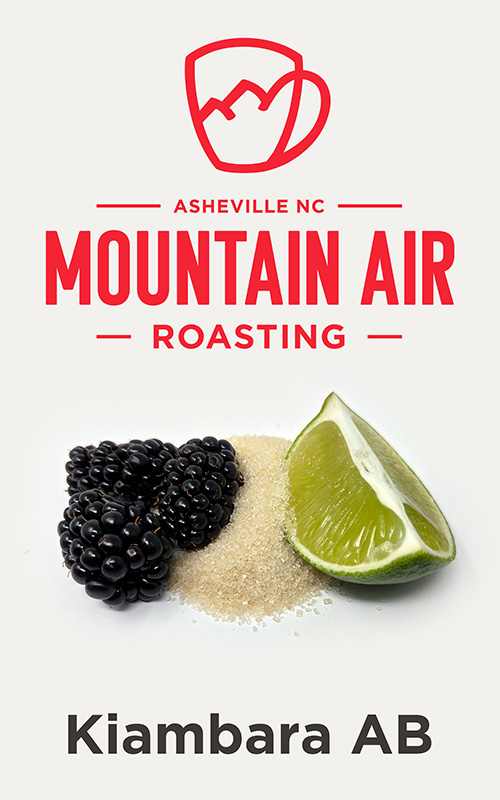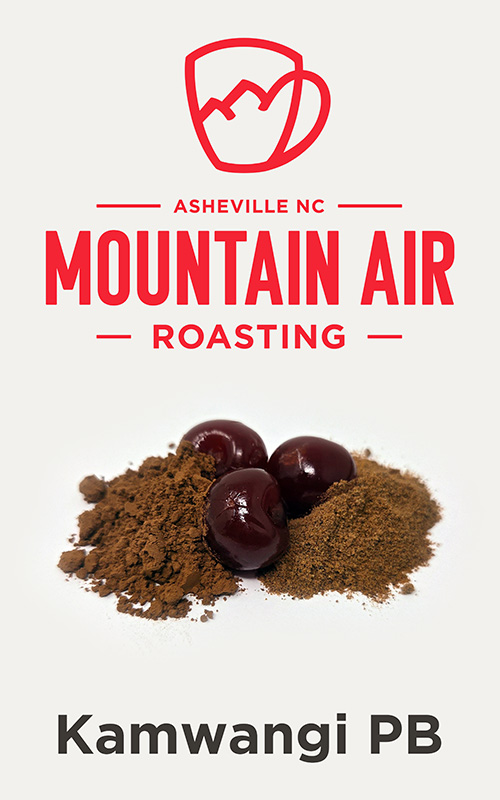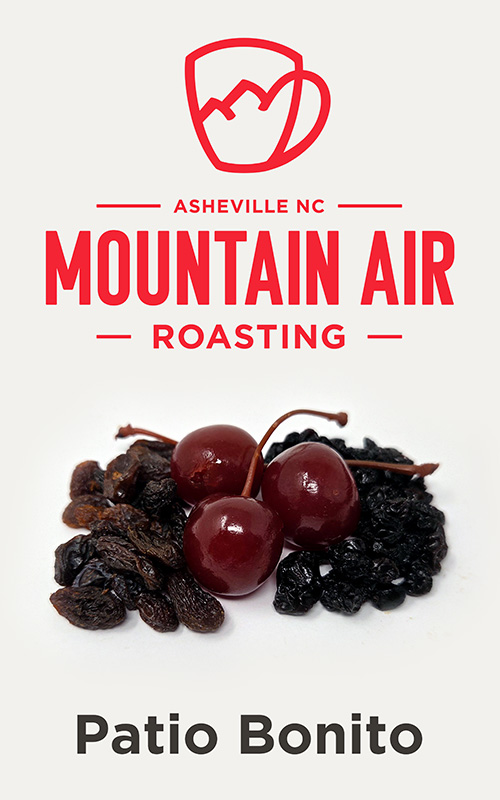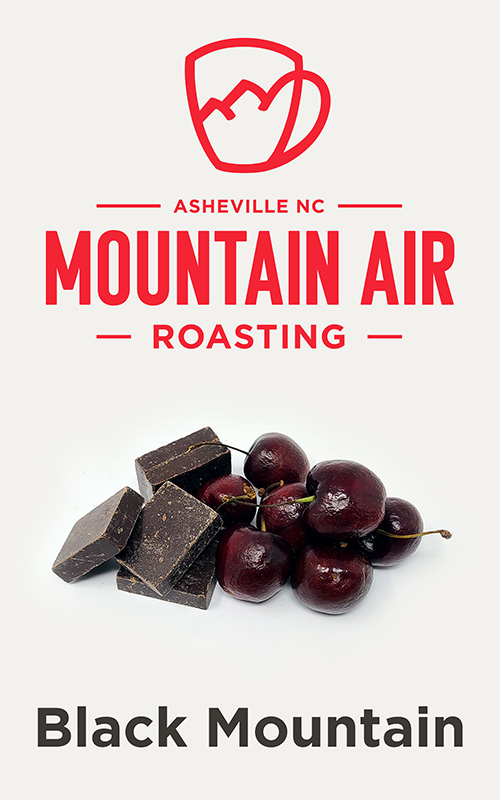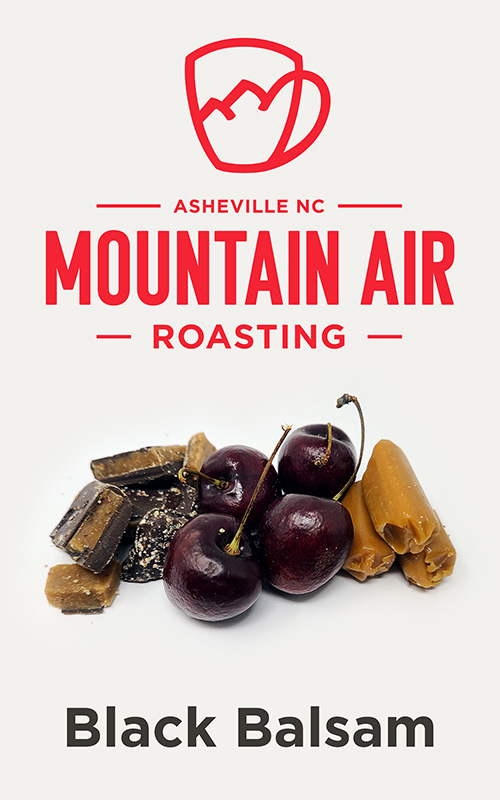Description
Kiamabara
Kiamabara Coffee Factory was established in 1995 following the split of the much larger Mathira F.C.S. It is affiliated with the Mugaga Farmers’ Cooperative Society (FCS). There are now around 3,000 active members of this factory and each member has on average around half a hectare of land for coffee growing alongside macadamia, beans, bananas, and maize.
The factory is located in the town of Kabare in the Gichugu division, Mathira East sub-county, Gachuki location in Nyeri County. It’s near Karatina Town, and along with Gatina, it comprises the Mugaga Farmer Cooperative Society.
Kiamabara Coffee Factory experiences moderate bimodal rainfall and temperatures range from 13 to 24ºC year round. The region has deep, fertile, well-drained red volcanic soils that are ideal for coffee production. The factory lies at about 1900m above sea level and receives 1150 mm of rainfall annually. The long rains fall between March and May, while the short rains occur between October and December. The area experiences a biennial production cycle with the early harvest from April to June and the late second season from October to December.
PROCESSING
After harvesting, coffee cherries are delivered to the Ihara Factory where they are washed. Water is pumped to reservoir tanks for pulping and recirculation. In line with the rising awareness of the need to conserve the environment, Kiamabara has started implementing wastewater pits. Here the water is filtered back through layers of soil, safely reintegrating it into the land.
After pulping, the coffee is stored overnight, washed, soaked, and spread on raised drying tables, allowing for optimum airflow. The parchment is then frequently turned on the drying tables, sorted, and stored before delivery to the dry mill.
SUSTAINABLE FARMING
The affiliate members of the factory carry out all agronomic activities associated with Ihara coffee production, including sourcing seeds from the Coffee Research Station and planting. Fieldwork carried out involves weeding, pruning, spraying, fertilizing, and mulching. Technical advice is offered through farmer training programs and field visits/days offered by the Ministry of Agriculture.
Compliance with the agreed guidelines is then checked and supervised by the field committee who visit farms on a regular basis. They also check that coffee is not intergrown with other crops such as maize and beans, though they do allow intercropping with Macadamia.
MANAGEMENT
Kiamabara Coffee Factory is run by a factory manager. It has three representatives on the society management committee. Permanent staff duties include weighing coffee, selecting and grading coffee, paying farmers, and addressing farmers’ complaints.
The cup has fresh passion fruit, cooked blackberry, panela, and fresh lime flavors with juicy malic acidity and clean fruit-like sweetness.
